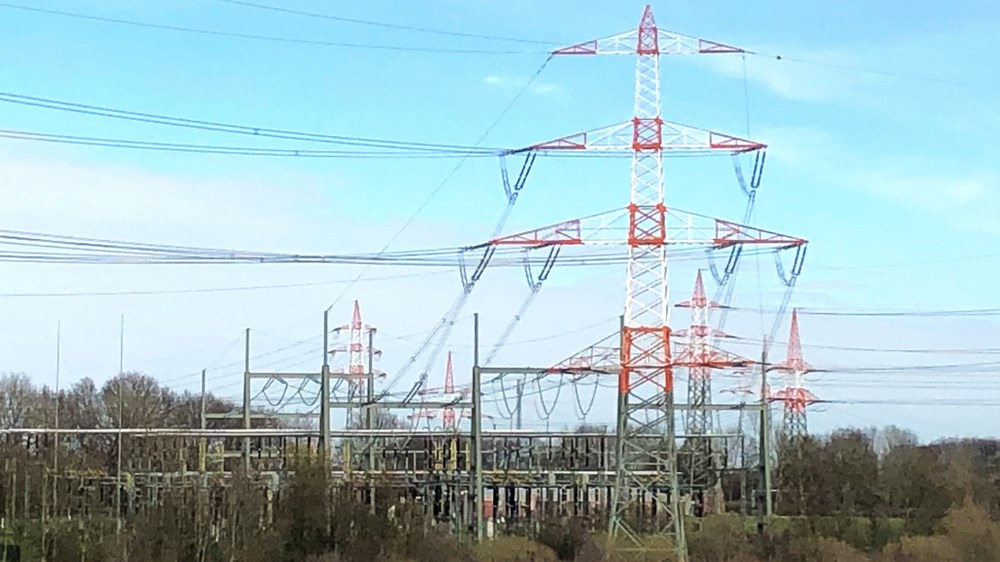Symposium looks at resilience strategies for the energy transition from a systems analysis perspective

- The 1st International Symposium on Energy System Analysis will take place on 11/12 November 2024 in Stuttgart.
- The approximately 70 participating researchers are looking at systemic weaknesses in the energy system with regard to a lack of technical flexibility, low user acceptance or the high dependency on rare materials, among other things.
- The symposium is organised by STRise ("Stuttgart Research Partnership on Integrated System Analysis for Energy"), in which the Institute of Networked Energy Systems is involved, among others.
- Focus: Energy, energy system analysis, knowledge transfer
Security of supply and suitable resilience strategies for the transformation of our energy system are the focus of the "1st International Symposium on Energy System Analysis" (ISESA) on 11 and 12 November 2024 in Stuttgart. Around 70 researchers are expected to attend the interdisciplinary event, which is being organised by the STRise („Stuttgart Research Partnership on Integrated System Analysis for Energy“) The Institute of Networked Energy Systems played a key role in the organisation and content of the programme.
"We are delighted to be hosting the first ISESA and bringing together such a diverse group of experts to discuss the future of energy systems," says Prof. Dr Patrick Jochem, Head of the Energy Systems Analysis Department at the Institute, in his role as STRise coordinator. The symposium offers an ideal framework for discussing critical challenges such as systemic weaknesses in terms of a lack of technical flexibility, low user acceptance or the high dependency on rare materials. "As we master the complexity of the energy transition, it is more important than ever to develop strategies that not only ensure sustainability, but also system stability, import dependencies and social justice," emphasises Jochem. Ultimately, a successful energy transition requires a complex transformation process that takes equal account of technical, economic, ecological and social dimensions.
The symposium will offer participants a mixture of keynote speeches, presentations, poster sessions and networking opportunities. A wide range of perspectives will be addressed, from geopolitical and economic risk assessments to the technical integration of the Power-to-X process into the electricity grid and methods for monitoring the resilience of future cross-sector energy systems. In addition, renowned scientists Prof. Dr Russell McKenna (ETH Zurich) and Prof. Dr Armin Grunwald (Karlsruhe Institute of Technology) will provide keynote speeches on the topics of resilience and sustainability, which will form the basis for further discussions.
The symposium is being organised by STRise ("Stuttgart Research Partnership on Integrated System Analysis for Energy"), in which several internationally renowned research institutes are pooling their expertise in order to provide scientifically sound and comprehensive support for the socially and economically significant energy transition project. In addition to the DLR Institute of Networked Energy Systems, the Centre for Solar Energy and Hydrogen Research Baden-Württemberg (ZSW), the Institute of Energy Economics and Rational Use of Energy and the Centre for Interdisciplinary Risk and Innovation Research (both at the University of Stuttgart) are also involved in STRise.
